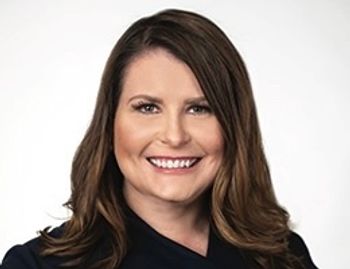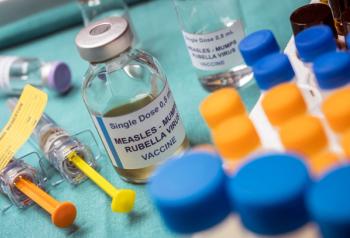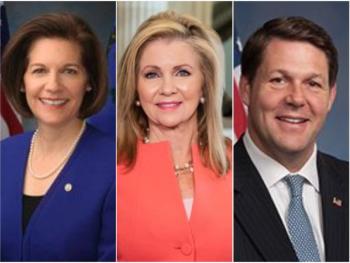
Why the measles outbreak is so troubling: Questions and answers
The number of cases is far higher than last year and continues to climb, the CDC says. Officials say it's critical to get more people vaccinated.
To healthcare leaders, the measles outbreak represents not just a public health threat but an indication of dropping vaccination rates.
As cases continue to climb, here’s an overview of the measles outbreak, what is known, and lessons to be learned.
Q: How many measles cases have been reported?
A: There are now 884 confirmed measles cases, according to
Q: How many deaths have been attributed to the outbreak?
A: There have been three fatalities reported to this measles outbreak, health officials say.
Before this year,
Q: How does this outbreak compare to previous years?
A: With 884 confirmed cases, the number of measles cases this year has more than tripled compared to a year ago. There were 285 confirmed cases in 2024.
Q: Where are the cases being reported?
A: Most of the cases have been reported in Texas. There have been 646 confirmed cases in Texas since late January, the Texas Department of Health said Friday. The state has confirmed 22 new cases since Tuesday.
But there have been cases now reported in 29 states, the CDC says.
Q: How many patients with measles required hospital treatment?
A: The CDC says 94 patients have been hospitalized, representing about 1 in 9 (11%) of the confirmed cases.
Q: What do we know about the confirmed cases?
A: More than two-thirds of the cases involve individuals under the age of 20. Nearly one-third (30%) are under the age of five, while 38% are between the ages of 5 and 19. Nearly a third (30%) are 20 or older, while the age is unknown in 2% of the cases.
Q: How many of the confirmed cases involve people who have been vaccinated?
A: Federal officials say the majority of those who have been infected have not been vaccinated.
More than three-quarters of the confirmed cases (77%) involve people who have not been vaccinated, while 96% are listed as unvaccinated or the status is unknown.
Q: Wasn’t measles considered to be a thing of the past?
A: In 2000, the endemic measles had been declared eliminated in the United States.
But unless vaccination rates improve, that could change. Under current vaccination levels, measles could return to endemic levels within the next 20 years, according to a
“The US may be approaching the threshold of losing sufficient population immunity to reliably prevent endemic transmission of measles, and higher childhood vaccination rates may be required to avert this,” the authors of the study wrote.
The researchers said that other vaccine-preventable diseases could rise unless vaccination rates improve, but measles would likely be the first to return to endemic status.
Q: What can be done?
A: Marschall Runge, MD, the CEO of Michigan Medicine, the University of Michigan’s academic medical center,
“There was a major push to have high levels of vaccination in the United States, and that's basically what's required to prevent outbreaks. Ninety-five percent of the population has to be vaccinated because this is such a highly contagious disease,” Runge says.
Many are taking information on vaccine safety or the internet, and Runge urges those who have concerns about the measles vaccine to consult doctors instead of just relying on their phones or computers.
“If you have a question about vaccination, please talk to your health care provider and have a real conversation about it,” Runge says.
Q: What are federal officials saying?
A: CDC officials are stressing the importance of vaccination to prevent outbreaks.
“To prepare for and prevent measles cases and outbreaks, health departments should work with trusted messengers on culturally competent community engagement, education, vaccination efforts, and other infection prevention approaches,” the CDC says.
U.S. Secretary of Health & Human Services Secretary
Q: How effective are measles vaccines?
A: Since 1960, measles cases have dropped by 99%, according to
The American Academy of Pediatrics offers
Q: What else can health systems do?
A: Providers and health departments need to consider different approaches to help reach people with information about the importance of vaccination and address concerns.
“I think communicating by social media where people are getting some of their information is important, and I think doing so in a compelling manner,” Runge said. “A lot of times that's by stories, by stories of people who had an illness or had an illness that was well treated. So we try to do that, but I think we need to focus more on communicable diseases than we currently do.”
For more perspective on the outbreak and its implications, check out part of our conversation with Dr. Marschall Runge, CEO of Michigan Medicine.






















































































